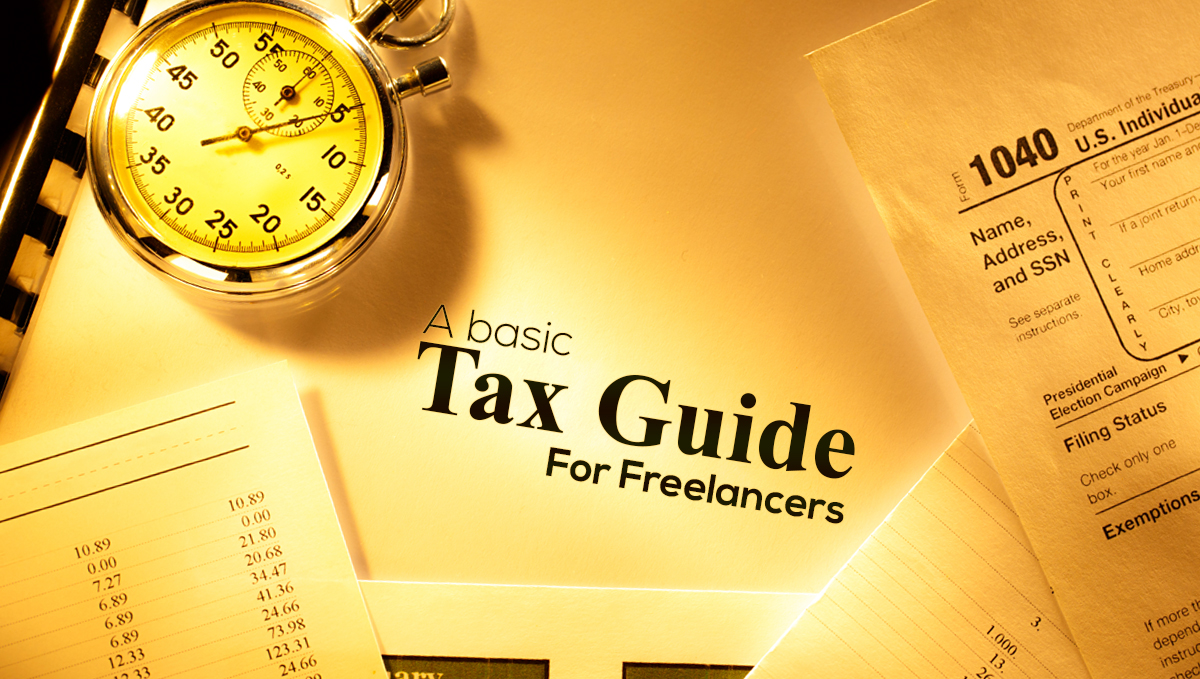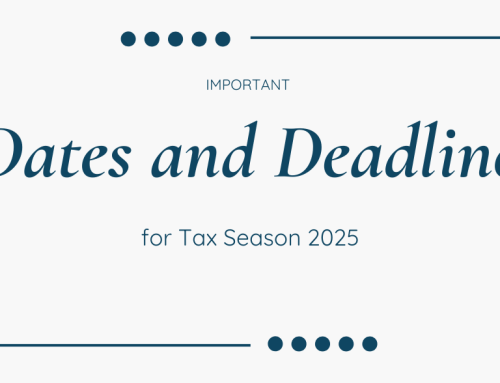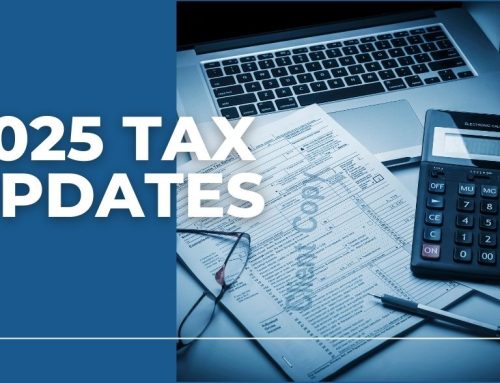Independent contractors or freelancers are solely responsible for filing their Income Tax returns as well as ensuring that the Internal Revenue Service (IRS) receives the right information, regardless of the amount you earn. This is a serious matter, and you have to handle accordingly.
If you are a newbie, here’s some old hand advice on how you can effectively manage your tax account.
1. Keep Your Own Record.
As an independent player, you will be issued a Form 1099 at the end of the year, keep your record using spreadsheets, or better yet get small business accounting software like QuickBooks to make it easier to track.
Bear in mind the expert advice, that relying solely on 1099s to tell you how much money you have earned is too risky. Some clients miss payments and make mistakes in calculations, filing your record is the smartest way to avoid errors.
2. Don’t Attempt to Hide Anything.
Trying to make cuts on Freelancers Taxes is a no-no. Everybody sends copies of his or her 1099 to the IRS, so if you drop one out, the IRS system will undoubtedly detect the discrepancy. Although we know some clients do fail in record keeping, it is too risky, always be on the safe side.
3. Use Separate Business Accounts.
To quickly glean through independent contractors’ tax deductions, especially the newbies, simplify your records by starting off with a separate business bank account. This way, all of your personal spending will not get mixed up and having different bank statements for your business makes it easier to back up the information on your tax return.
4. Expect Mandatory Self-Employment Tax.
On top of the regular income tax rate, independent contractors should expect mandatory self-employment tax designed to cover social security and Medicare concerns that would normally be withheld by a traditional employer.
5. Identify Your Deductible Expenses.
When it comes to IRS rules on deductions, it must be both reasonable and necessary. Take for example the equipment you need and travel expenses as long as they are incurred as an indirect result of your freelance work.
One good thing with independent contractors’ tax deductions is it can be used to save for the future. Consult with a financial planner or a retirement specialist to find out how you can fund your retirement without the 401k or pension benefits a regular job might provide. There are many options: IRAs, Roth IRAs, investments, etc.
Get Professional Help.
Filing your taxes can be a daunting experience, especially if you have not been keeping records, there’s a lot to look into, and management is an entirely different thing to accounting. Why not get some professional help from The Balance Sheet Accountants? They not only take charge of your tax concerns but can help you analyze your financial standing with the tools that they use and experience they bring to your company.
Call us at (561) 842-1304 for more information on how we can help.





